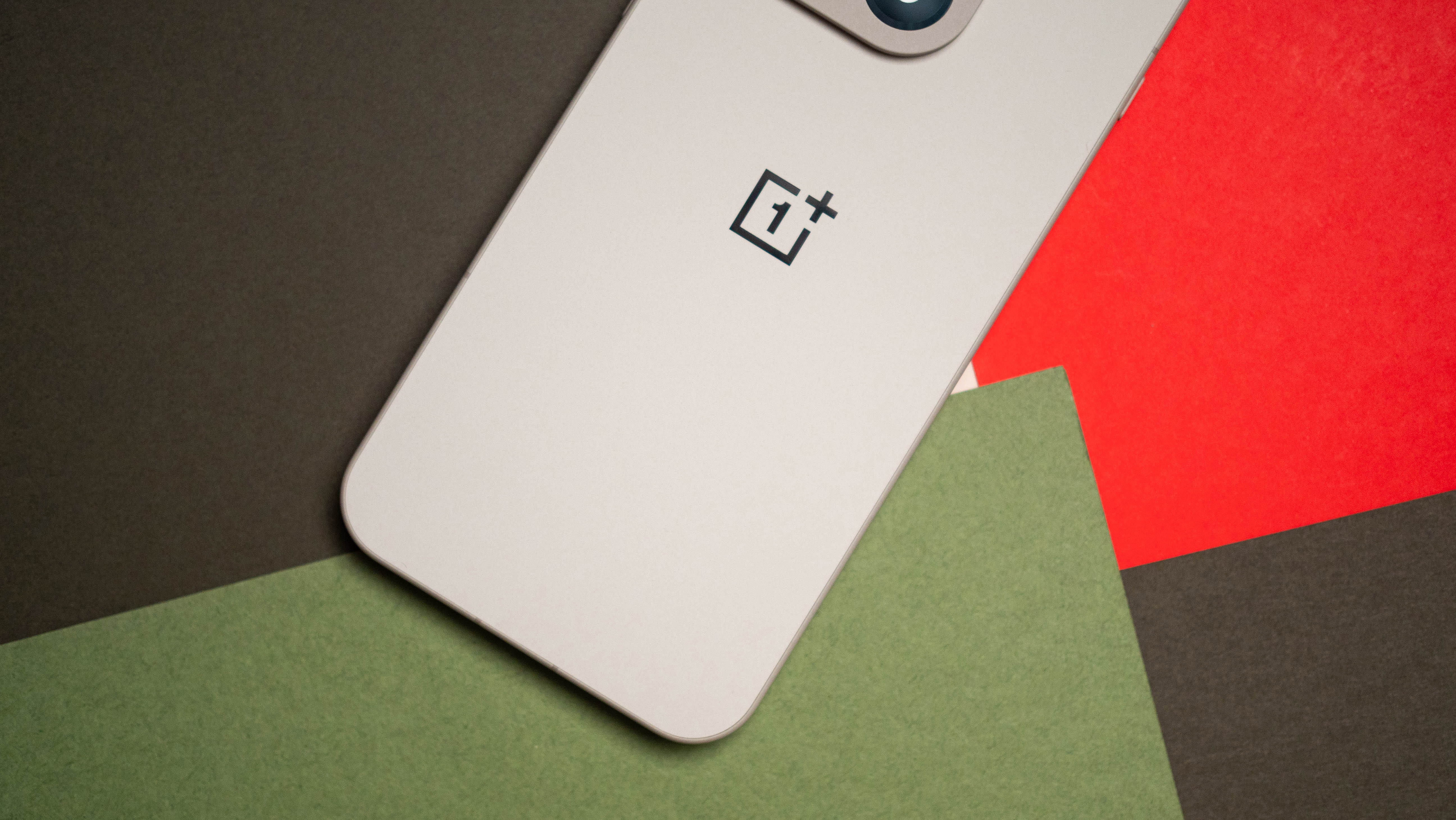If the Pixel 6 can't compete with the dull-as-dirt iPhone 13, Google will never win
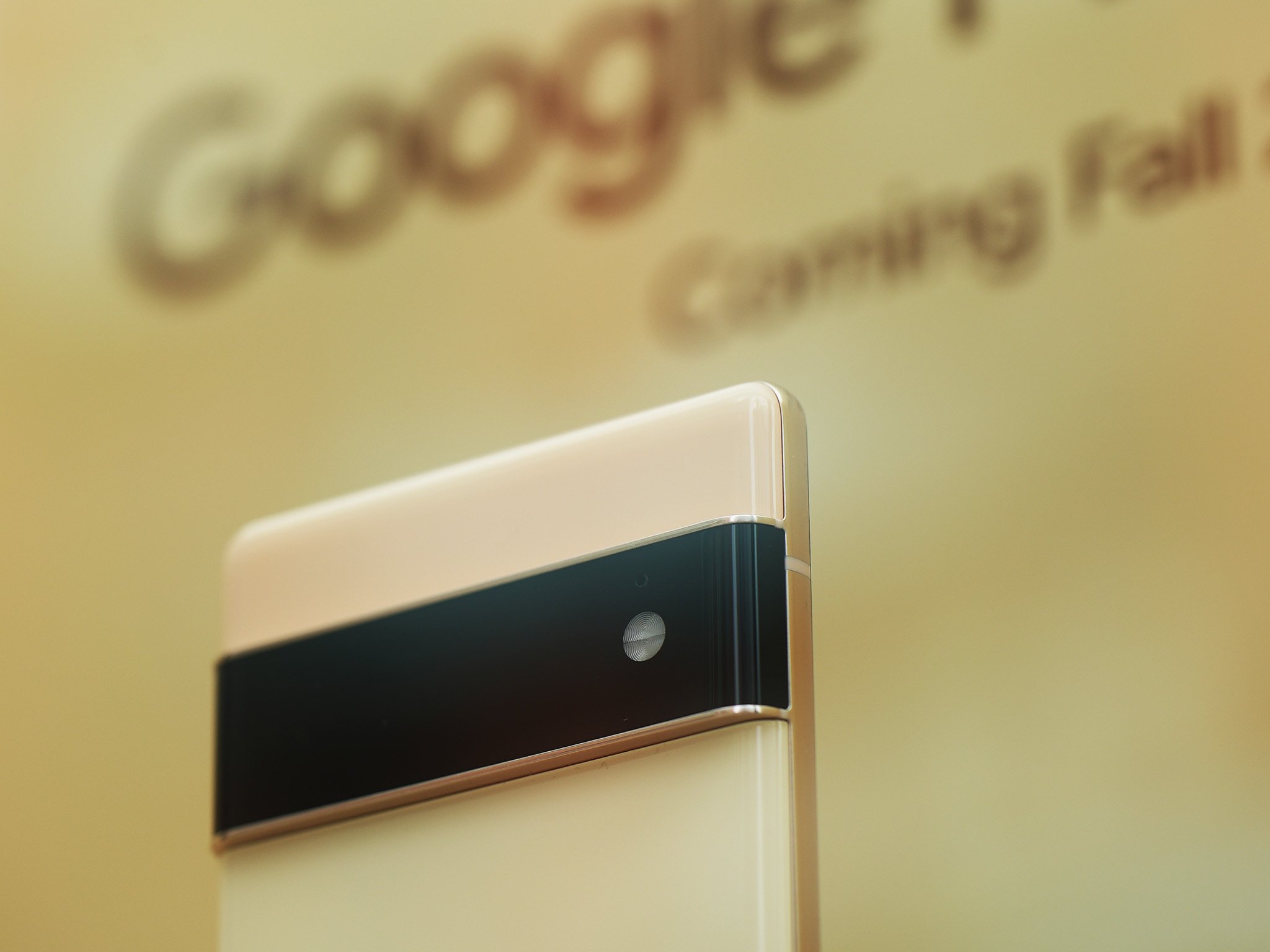
Last week's Apple Event was a bit of a snoozefest. On the one hand, the new iPad Mini impressed even the most hardcore Android fans as a compact slate for consuming media. On the other hand, the regular iPad underwhelmed with its still-giant bezels and last-gen chip, the Apple Watch 7 had no major design or sensor updates (and still has no release date), and there were no new laptops or M2/M1X chips to be found.
But what really blew me away with its mediocrity was the iPhone 13. As much as I enjoyed the cute Knives Out knock-off home video, the announcement didn't have any other stand-out moments. Instead, it simply moved us through all the requisite beats that every phone release trailer has: A brighter display than ever! Longer battery life than ever before! Faster than competing brands by a vague metric!
This phone was mistaken for a "12S" for a reason. This is an off-year for Apple.
The only "major" improvement is that the iPhone 13 Pro will get a 120Hz LTPO display with variable refresh rate. The OnePlus 9 Pro and Samsung Galaxy S21 Ultra already have that, but to be honest, Apple always lags behind other brands. Being "only" a year behind the competition is an improvement.
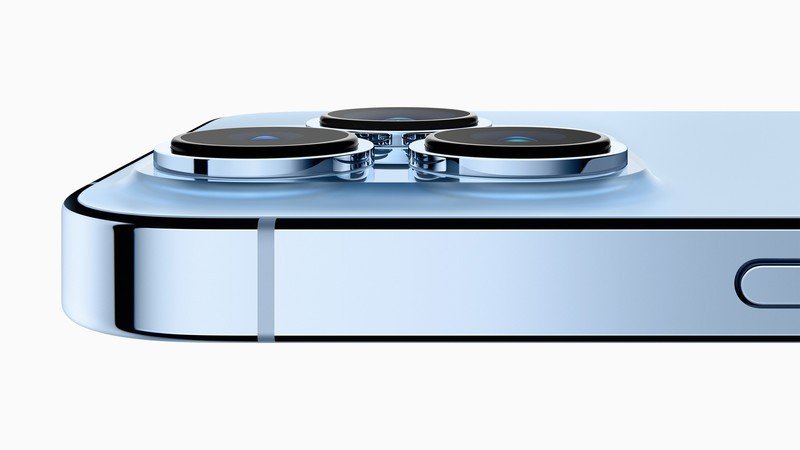
Aside from the smaller notch and the upgraded A15 Bionic chip, the iPhone 13 isn't a major update on the iPhone 12. Rather than provide concrete specs or benchmarks, Apple pushed the usual platitudes, then focused half of the event on its new camera lenses and video features. Its 12MP cameras fall well short of most of the best Android phones, but its ProRes 4K videos could make the 13 a popular choice for YouTubers or TikTokers.
Millions of Apple users are ripe for the picking if Google can successfully woo them.
The question is, will a vague spec sheet and uninspiring launch do anything to reduce sales? CNBC reported that 250 million iPhone users currently have phones three years or older. A huge, loyal base of users may upgrade simply because of their aging hardware, and compared to the iPhone X or XR, the iPhone 13 is a considerable improvement.
I'm curious whether or not Android phones can peel away just a few million of those loyal users. Specifically, the Pixel 6 Pro, which seems the most likely phone to be able to go toe-to-toe with the iPhone 13 Pro.
Google's most Apple-like phone
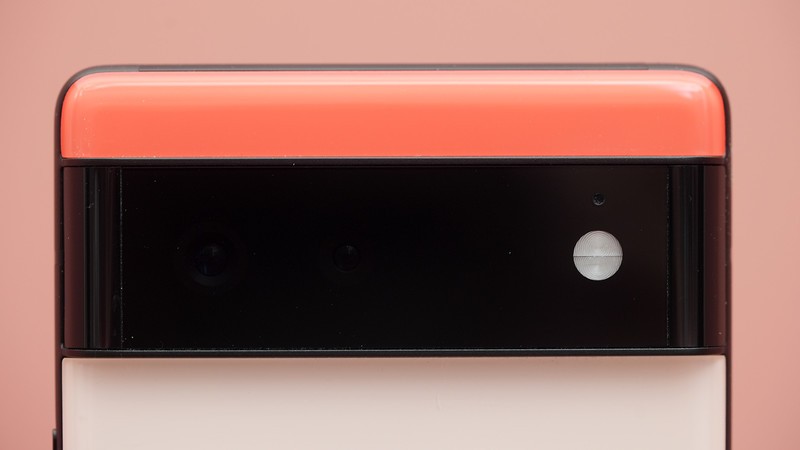
I've used iPhones pretty loyally for a decade before switching from iOS to Android, and I have a pretty good sense of what Apple users look for compared to Android fans. And the Pixel 6 could bridge that gap and bring over some adventurous iPhone users.
Get the latest news from Android Central, your trusted companion in the world of Android
iPhone owners seem to care more about updates than Android users do.
First, the Pixel 6 will (according to credible rumors) get 5 years of software updates. Apple users may upgrade every few years, but they like having the option to keep a phone for much longer. And they're also used to prompt updates as soon as a new OS launches. Compared to other Android phones — which get three years of updates at most, and often receive those updates the following calendar year — the Pixel 6 has the longevity and speedy stock updates that Apple fans take for granted.
Then you have to consider the Pixel 6's design, with its two-tone colors and eye-catching rear camera bump. Apple's hardware design history is full of striking, multicolored tech, and we saw how much that still appeals to Apple fans by the response to its many-hued iMacs. The iPhone 13 has its colorful backs, too, but that's just colorful icing on a bland vanilla cake.
While Apple spun its wheels this year, Google went all out on a properly innovative flagship.
The eye-catching, playful colors also extend to the Pixel 6's software. Android 12 and its new Material You design language instills color into every menu, button, and icon on your phone. Plus, its color extraction tool automatically changes the color of your menus based on your current wallpaper. While Android phones are all about customization, the Pixel 6 has a stock launcher with colorful tricks that Apple converts can enjoy without diving into settings.
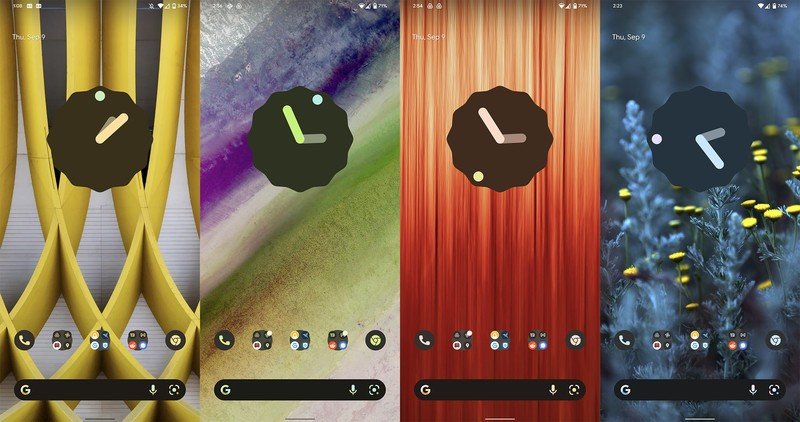
On that same note, the Pixel 6 gives Apple users a stock app experience that they'll appreciate. Apple phones have some apps that you could uncharitably call bloatware, which is why many iPhone owners already rely on Google apps for their day-to-day lives. Being able to use those same apps as default apps will make the transition to a new phone much more straightforward. Meanwhile, other Samsung or OnePlus flagships have their own app stores along with Google's, which I think will be too messy and complicated for iPhone owners.
Finally, you have the Pixel 6's rumored 50MP primary camera. The iPhone 13 will undoubtedly win the battle for best video quality, but for people who take fewer videos and more photos, Google will be the more attractive option if it markets its Pixel 6 properly. Not only is its sensor more powerful, but Google's automatic AI improvements to photos will sound very appealing to iPhone owners who want to take quick, high-quality snapshots.
Google needs to go for broke
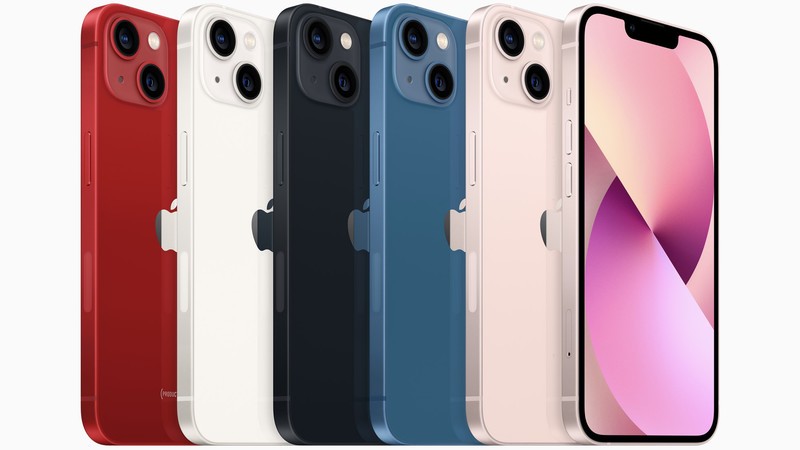
We don't have iPhone pre-order sales numbers yet, but SCMP reports that Apple has already sold 2 million iPhone 13 units in China. And iMore detailed the issues people faced when trying to preorder Apple hardware. Was traffic so high that the company couldn't handle it?
Meanwhile, Pixel sales have trended downwards in the past couple of years. We know that Google sold 7.2 million Pixels in 2019, with initial sales for the Pixel 4 lower than the Pixel 3 in its first two quarters. Then Nikkei Asia reported last year that Google only planned to sell 800,000 Pixel 5 phones and about 2 million Pixel 4a and 4a 5G handsets.
Google's mid-range flagships just haven't sold! In our tests, they've consistently outperformed their mid-range hardware thanks to Google's optimizations; but Android shoppers have gone for faster Samsung hardware or the cheaper Pixel "a" phones instead.
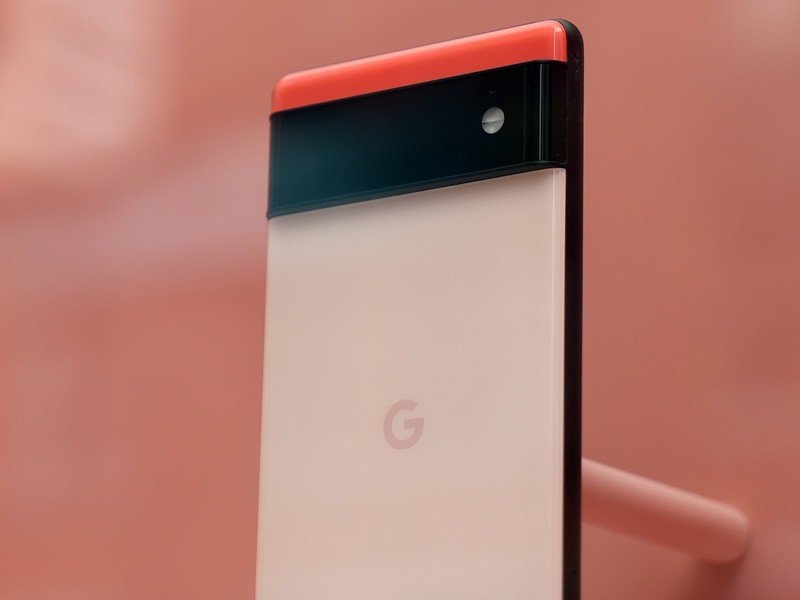
In 2021, Google will release a proper flagship with a beautiful display, flashy software, powerful cameras, and a self-made Google Tensor chipset. If all goes well, it'll attract Android and Apple fans in equal measure, with the specs Android fans will appreciate and the intangibles that exacting Apple fans want in a phone experience.
But that'll only happen if Google goes all-out on its marketing campaign. Obsessive tech fans ate up Pixel 6 rumors and leaks for months, but it's unclear how much the general public cares about Pixels — except as a budget brand. Google needs to have its own "think different" commercial moment and push its flashy phone as the exciting alternative to Apple's boring-ass, incremental phone upgrade.
Will it happen? Google has a tendency to let its products speak for themselves, then kill them off when they languish without proper marketing. I can only hope Google realizes that if the Pixel 6 fails to make a mark against Apple's weakest phone since the iPhone 8, it'll permanently mark the Pixel brand as a minor player in the smartphone arena.

Michael is Android Central's resident expert on wearables and fitness. Before joining Android Central, he freelanced for years at Techradar, Wareable, Windows Central, and Digital Trends. Channeling his love of running, he established himself as an expert on fitness watches, testing and reviewing models from Garmin, Fitbit, Samsung, Apple, COROS, Polar, Amazfit, Suunto, and more.
